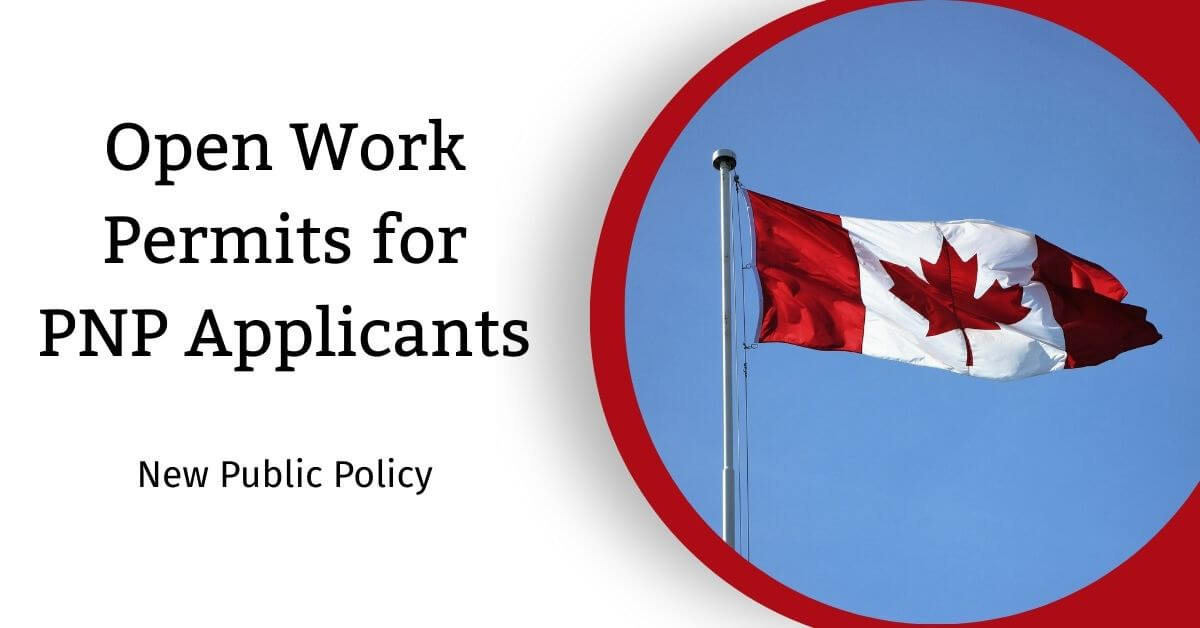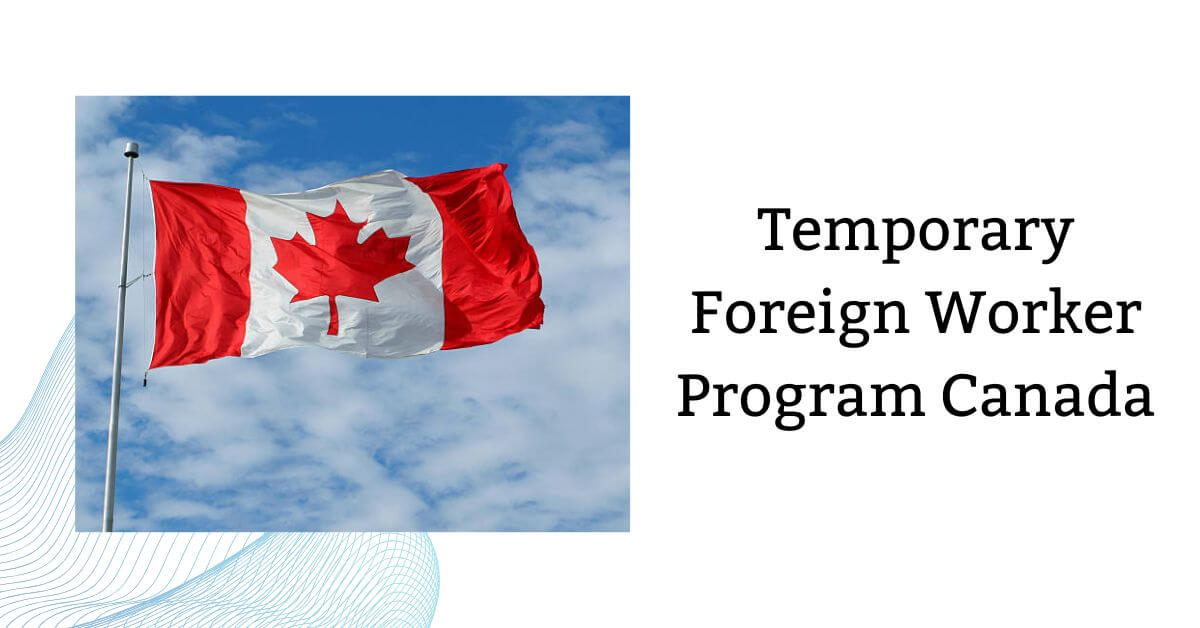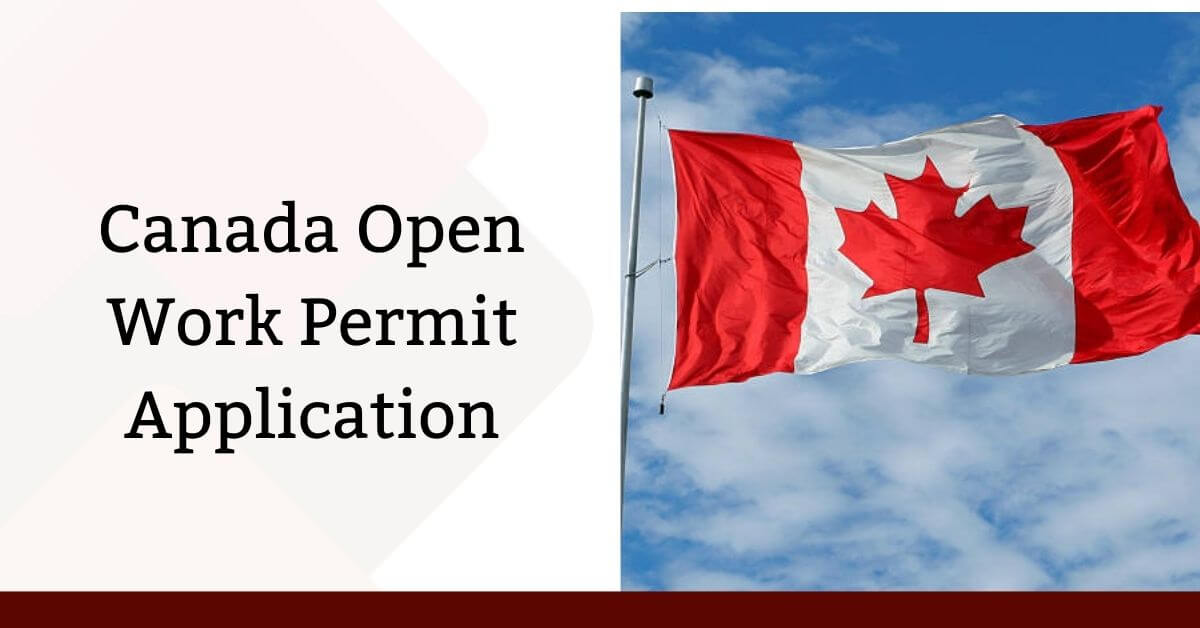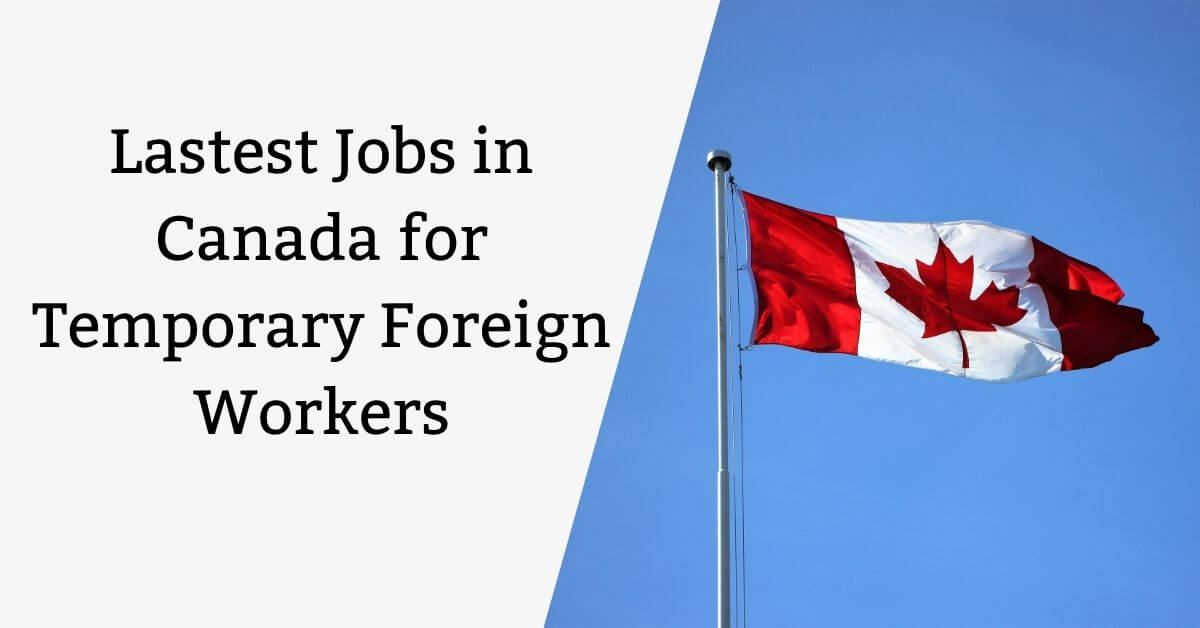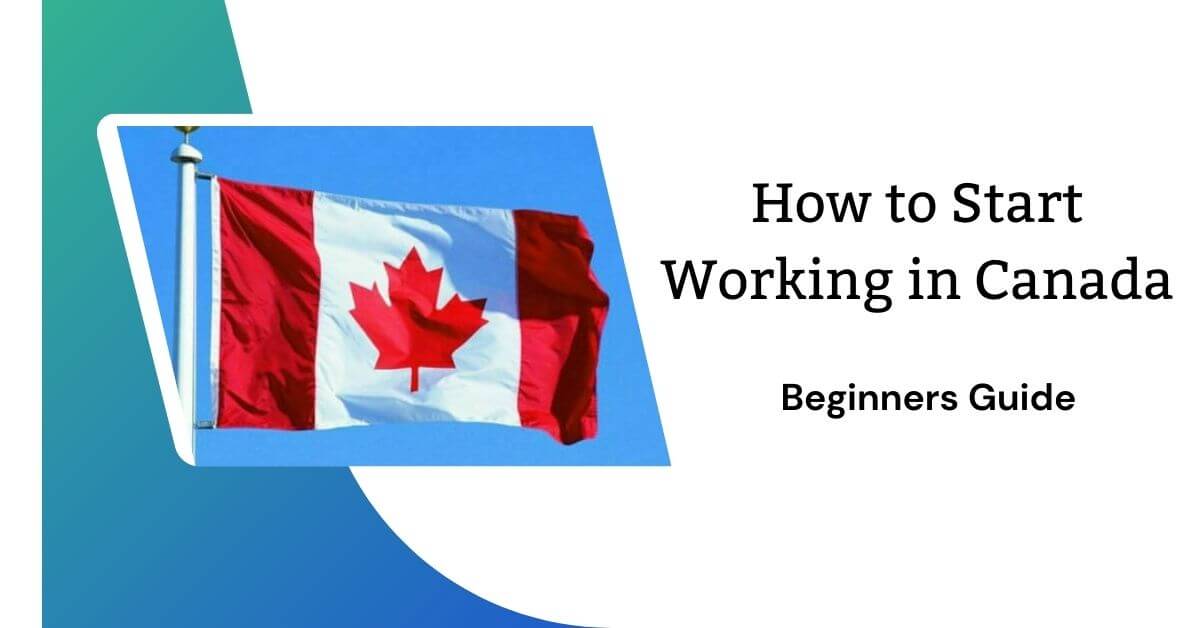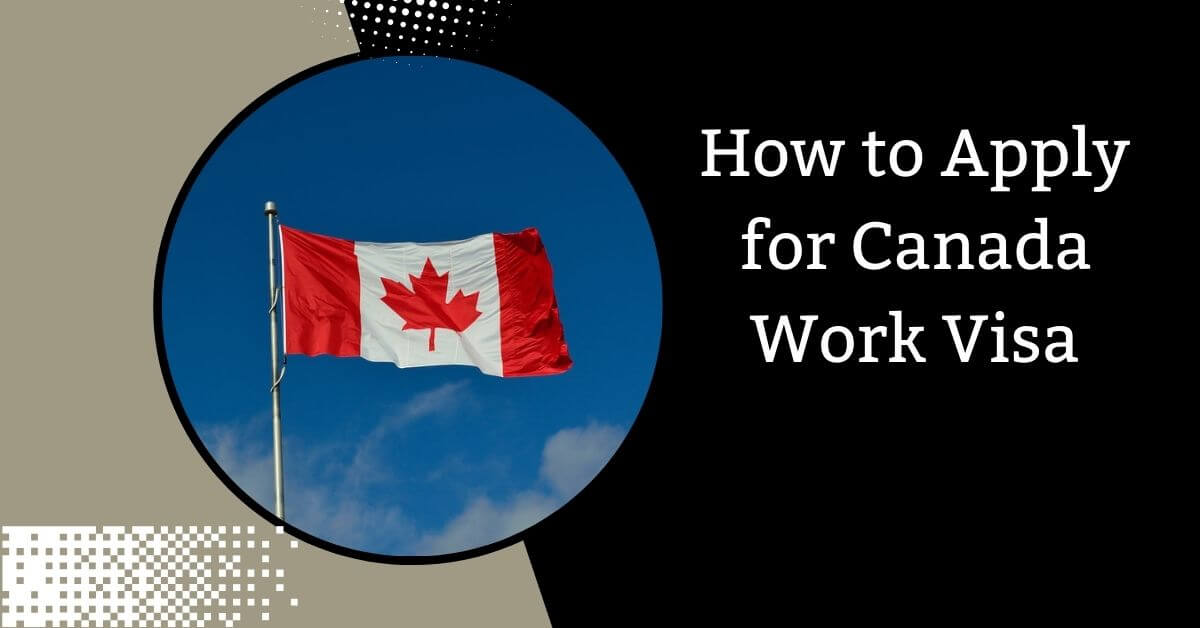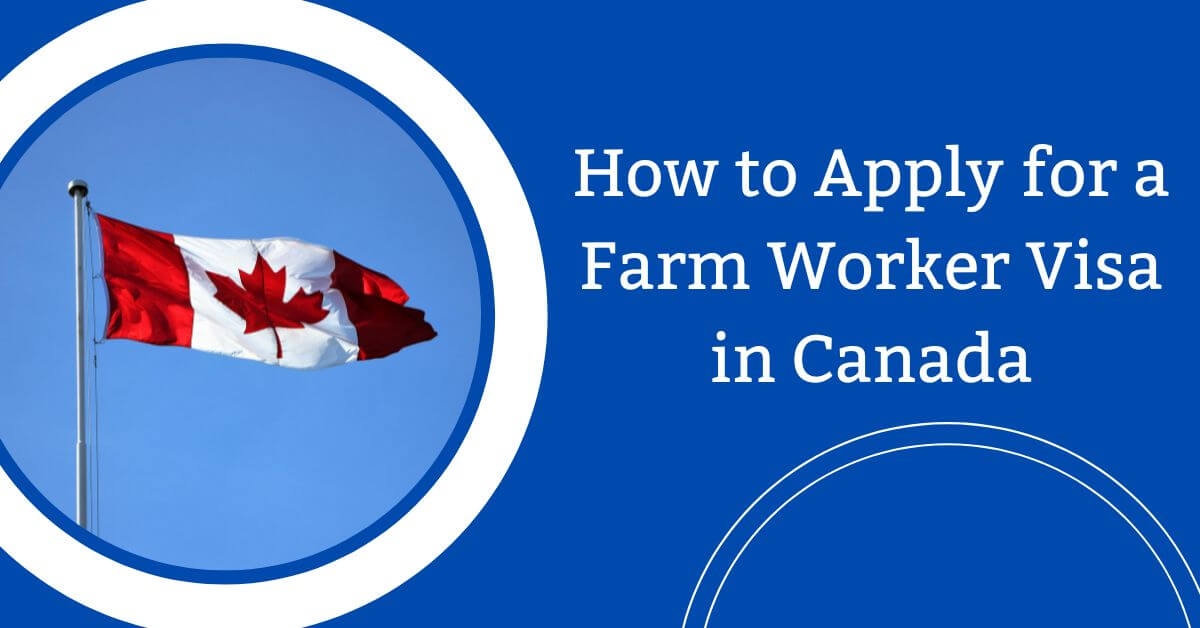Recent announcements of a new public policy make some PNP applicants eligible for open work permits. This interim policy was started by the Provincial Nominee Program to facilitate the process of permanent residency for skilled TFWs who are making contributions to the Canadian economy.
Achieving equilibrium in the proportion of temporary foreign workers to permanent residents is one of the objectives of this program. TFWs who qualify will be able to move to permanent residence and maintain their employment. To qualify, the TFW must show that they are well-established in the economy.
New Temporary Public Policy Is a Big Step Forward:
Eligible TFWs will be given priority for transitioning under the new temporary public policy. This will target those who are filling important employment openings, as their departure could negatively impact the economy. Candidates from the province where they are currently employed will receive letters from the PNP granting them access to open work permits.
After obtaining an open work permit, temporary foreign workers will have greater security and flexibility. For those who are awaiting their PR status, this is crucial. This policy is only in effect for a limited time, though. It may be withdrawn at any moment, which is the current expiration date.
Who Is Eligible For Open Work Permits for PNP Applicants?
The new interim public policy will only be available to support certain TFWs. These qualified employees must fulfill certain requirements in order to be accepted. A TFW needs to possess one of the following in order to be eligible:
- A current work permit
- Requested an extension of a work permit
The applicant must additionally present a letter of employment from their current employer and a letter of support from the provincial authorities in addition to one of the aforementioned documents. It’s critical to have the necessary paperwork ready in order to fully benefit from this chance.
Please be aware that the new temporary public policy will only be available to TFWs that have obtained a letter of support from a provincial or territorial authority.
Check More: Canada Open Work Permit Application – Beginner’s Guide
Providing Security For Foreign Workers:
For skilled TFWs with a temporary work permit that has just expired (or is about to expire), the new public policy can offer a sense of security, which is one of its primary advantages. They will have the freedom to remain in their current residence and continue working for their company. They will have a safe route to follow as they apply for permanent residence thanks to the open work permit.
The Canadian economy benefits from these workers’ contributions. For this reason, the need for additional foreign workers has increased in recent years. Recently, however, there has been a push to hire more permanent employees rather than temporary ones. Because they fill positions that companies were unable to fill locally, these workers are crucial to the economy. The company must get an LMIA before hiring a foreign worker and show that they conducted interviews and posted the job opening in an effort to recruit a Canadian candidate. An employer can only offer a job abroad after four weeks of failed attempts at the hiring process.
For TFWs, the majority of LMIA offers are only good for six months. Because the job post will become unfilled if the employee returns to their native country, this could pose a challenge for the company. The new policy will try to ease the barriers to applying for permanent residence and offer a safe route for the worker to remain at their existing job in order to prevent this economic gap.
Frequently Asked Questions:
-
Who is eligible for an open work permit under the new PNP policy?
PNP applicants who have received a provincial nomination and meet the IRCC requirements may qualify for an open work permit.
-
How long is the open work permit valid for PNP applicants?
Most open work permits are issued for up to 2–3 years, depending on passport validity and program guidelines.
-
Can family members also get work or study permits?
Yes, spouses or common-law partners may apply for an open work permit, and dependent children may be eligible for study permits.
